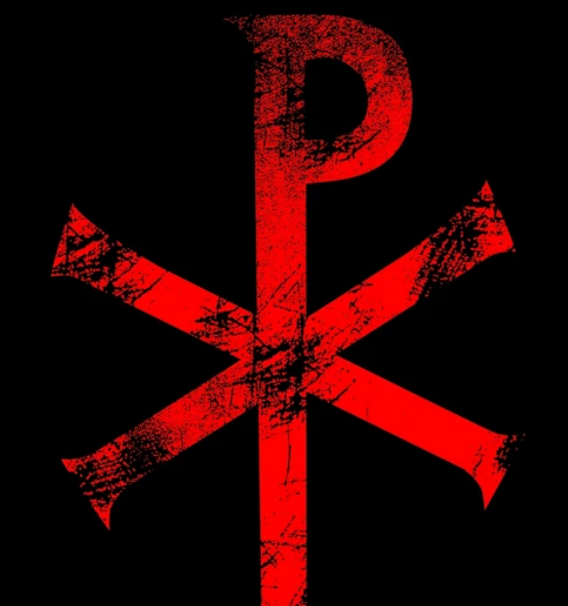The word hell is not decoration. It’s a threshold. Just as Dante walked through the gates of Inferno before reaching Paradise, readers must also pass through something unsettling before arriving at clarity. If the title stops you, maybe the subject was never meant for you. But if you walk through, unflinching, then you’ve paid the first price of understanding: curiosity strong enough to overcome discomfort.
I use hell because knowledge always carries a cost. Not financial—existential. The things worth knowing rarely leave us unchanged. They demand we wrestle with paradox, with power, with ideas that bruise our certainties. I’ve walked my own hells—Russia, Iraq, China, North Korea—landscapes of ideology, suspicion, and raw survival. I’ve wandered the infernos of physics and philosophy, where equations stretch to breaking and truth hides behind paradox. Each crossing took something from me. Each also gave something back.
So the word hell signals not despair, but initiation. It dissuades the timid, but it also honors the bold. It is the toll gate on the white picket fence of safe thought, daring us to slip past into rougher, more rewarding terrain.
Readers sometimes bristle. My own father did not like the titles. But I keep them, because the word hell is honest. It says: You will be challenged. You may not agree. But if you cross, you will see differently.
That’s the point of this series. Each “What the Hell Is…?” is not just an explanation, but an invitation—to step through the gate, to risk discomfort, and to discover what waits on the far side.

